2021 by the University Press of Kansas
All rights reserved
Published by the University Press of Kansas (Lawrence, Kansas 66045), which was organized by the Kansas Board of Regents and is operated and funded by Emporia State University, Fort Hays State University, Kansas State University, Pittsburg State University, the University of Kansas, and Wichita State University.
Library of Congress Cataloging-in-Publication Data
Names: Daldorph, Brian, 1958 author.
Title: Words is a powerful thing : twenty years of teaching creative writing at
Douglas County Jail / Brian John Daldorph.
Description: Lawrence : University Press of Kansas, 2021. | Includes
bibliographical references.
Identifiers: LCCN 2020044341
ISBN 9780700632152 (cloth)
ISBN 9780700632169 (paperback)
ISBN 9780700632176 (epub)
Subjects: LCSH: Daldorph, Brian, 1958 author. | Creative writingStudy and teachingKansasDouglas County. | PrisonersEducationKansas
Douglas County. | Prisoners writings, American. | Poets, American
20th centuryBiography. | English teachersUnited StatesBiography.
Classification: LCC PS3554.A4149 Z46 2021 | DDC 811/.54 [B]dc23
LC record available at https://lccn.loc.gov/2020044341.
British Library Cataloguing-in-Publication Data is available.
Printed in the United States of America
10 9 8 7 6 5 4 3 2 1
The paper used in the print publication is acid free and meets the minimum requirements of the American National Standard for Permanence of Paper for Printed Library Materials Z39.48-1992.
To the writers who came to my class in December 2001
and kept coming for the next two decades
Preface
I first entered the Douglas County Jail classroom in Lawrence, Kansas, to teach the creative writing class on Christmas Eve 2001. My last class at the jail for the foreseeable future was in mid-March 2020, right before the coronavirus lockdown; the virus is especially savage in confined communities such as nursing homes and prisons. In August 2020, with the pandemic raging, its hard to think when my colleagues and I will be allowed back into the jail to resume teaching.
Words Is a Powerful Th ing is my story of teaching at the jail for the two decades between 2001 and 2020, showing how the lives of all of us involved in the classbut especially how the inmates who came to class week after weekbenefitted from what happened every Thursday afternoon in that jail classroom, where for two hours we became a circle of ink and blood, writing together, reciting our poems, telling stories, and having a few good laughs. For some of the inmates, as I show in this book, the benefits of the class were long lasting.
Though Ive been out of the jail classroom because of the Covid-19 pandemic for longer than at any other time since I started teaching there in 2001, I can still see so clearly the faces of some students, friendly but strained by their circumstances, some of them inside for just a few days or weeks, others looking at long and painful sentences. Most people only ever want to get out of the jail, whereas here I am now wanting to get back in.
As I sit here at my desk at home, I hear in my mind some of the students words, which Ill keep hearing for as long as I livepassionate expressions that, the first time I heard them, went straight to my heart and stayed there:
When you arrive, read the sign: Leave all hopes
and dreams behind. Forget all you have or had
in the free world, it no longer matters. It will only
distract you and youll become prey to the lions
in this jungle. Trust no one; everyone is out for something
in this cutthroat society.
After so long in here
& so many hours upon days upon weeks locked in a cell,
the more claustrophobic Ive become. Its a mental challenge
every time I step through that door & they think Im
trying to be defiant.
I watch as time slowly chews away on mens
sanity, where confusion reigns supreme.
Soon now the jail awakens to do
its time;
it seems better at that than we.
I think its because the cold walls
got time down because they know
they will never be free.
For the past two decades, I have been teaching in the US corrections system, which most everyone agrees is not really working for anyone and which compares badly with the jails and prisons of other Western democracies. In Th inking about Crime: Sense and Sensibility in American Penal Culture (2004), Michael Tonry states, The US has a punishment system that no one would knowingly have built from the ground up. It is often unjust, it is unduly severe, it is wasteful, and it does enormous damage to the lives of black Americans. How to change this monster into something that might actually, in a beneficial way, correct ? There are many calls for change, many ideas for improvement, but at the moment it is the system we have to work in, and I like to think that my twenty-year commitment to a class at a county jail has at least led to some benefits in the lives of the people caught up in corrections.
Im thankful to Programs Director Mike Caron at the Douglas County Jail (20012015) for not only supporting my colleagues initial idea for a writing class at the jail but also for supervising me over the fifteen years we worked together. Without him, I would not have had the opportunity for this work, which seemed to be my calling, allowing me to combine my commitment to social justice with my lifelong literary interests, all coming together in that county jail classroom with windows the size of mail slots. Class after class after class at the jail, the weeks, months, years passing. Wed meet every week, especially during holiday times, because we realized that inmates most often feel the stress of incarceration when they think of being with their families and friends. There was nothing I enjoyed more on a Thursday afternoon than checking in at the main entrance of the jail, taking the elevator up to the second floor, then walking the corridor to the classroom thinking about who might be in class that week.
When Caron retired in 2015, the class reinvented itself under the coleadership of Programs Director Sherry Gill, who was determined to make it a positive experience for the inmates she had helped in other ways as a case manager for many years. At the same time, retired business journalist Mike Hartnett began to volunteer on a regular basis. Our teaching team expanded when, for the first time, a former inmate, Antonio Sanchez-Day, was allowed back into the jail as a volunteer. He added a vital element to the class as an instructor with substantial inside knowledge of incarceration. Our teaching team was complete when University of Kansas (KU) graduate student Ayah Wakkad joined us, wanting to find out more about the US justice system to add another perspective to her dissertation work on incarceration in the Middle East.
Two decades of Douglas County Jail classes. I wish I could go back, start over, and hold each of those classes again because, in spite of or as a result of the challenges, I enjoyed them more than any other of my teaching experiences. Ive never seen so clearly the significance of making artin this case, poetryas a lifeline, a way of surviving in the tough circumstances in which all inmates find themselves. The class validated my belief in making art as a personal and social good, a truly transformational activity.


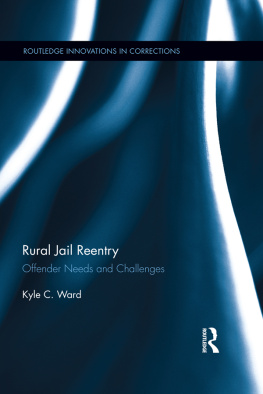
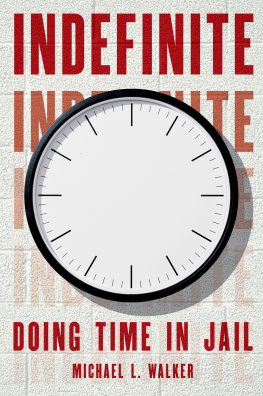
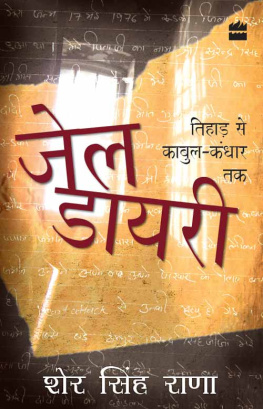
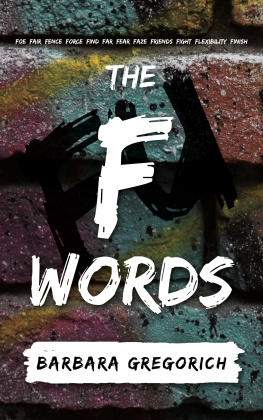
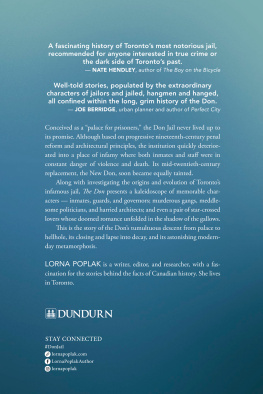
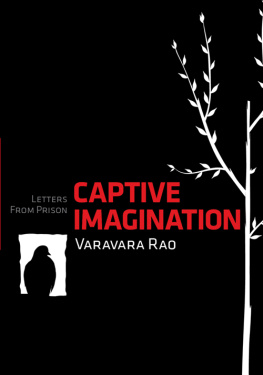

 University Press of Kansas
University Press of Kansas